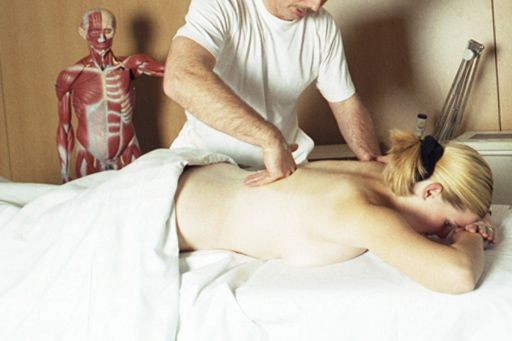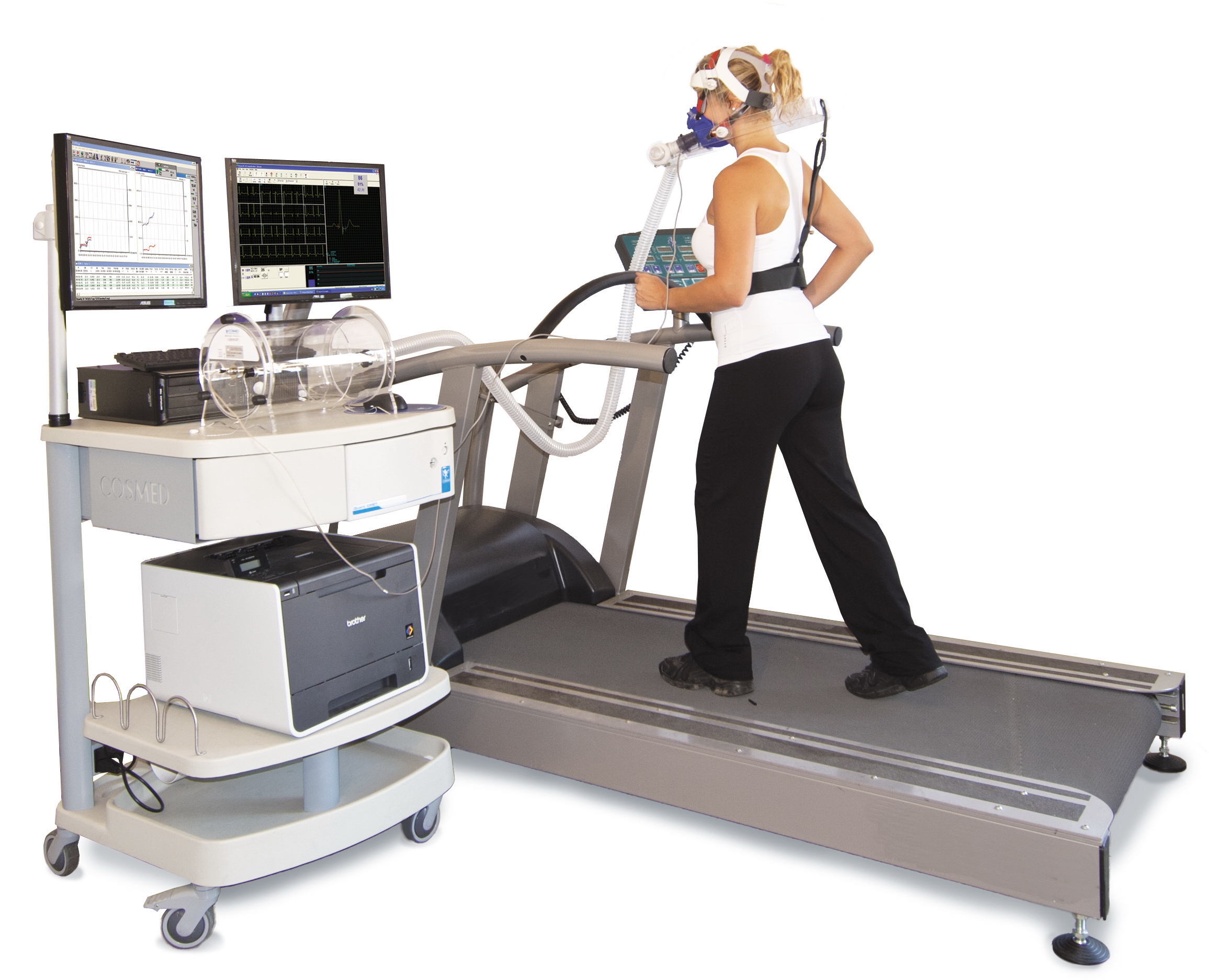|
Kinesiology
Kinesiology () is the scientific study of human body movement. Kinesiology addresses physiological, anatomical, biomechanical, pathological, neuropsychological principles and mechanisms of movement. Applications of kinesiology to human health include biomechanics and orthopedics; strength and conditioning; sport psychology; motor control; skill acquisition and motor learning; methods of rehabilitation, such as physical and occupational therapy; and sport and exercise physiology. Studies of human and animal motion include measures from motion tracking systems, electrophysiology of muscle and brain activity, various methods for monitoring physiological function, and other behavioral and cognitive research techniques. Basics Kinesiology studies the science of human movement, performance, and function by applying the fundamental sciences of Cell Biology, Molecular Biology, Chemistry, Biochemistry, Biophysics, Biomechanics, Biomathematics, Biostatistics, Physiology, Exerc ... [...More Info...] [...Related Items...] OR: [Wikipedia] [Google] [Baidu] |
Sport Psychology
Sport psychology was defined by the European Federation of Sport in 1996, as the study of the psychological basis, processes, and effects of sport. Otherwise, sport is considered as any physical activity where the individuals engage for competition and health. Sport psychology is recognized as an interdisciplinary science that draws on knowledge from many related fields including biomechanics, physiology, kinesiology and psychology. It involves the study of how psychological factors affect performance and how participation in sport and exercise affect psychological and physical factors. Sport psychologists teach cognitive and behavioral strategies to athletes in order to improve their experience and performance in sports. In addition to instruction and training of psychological skills for performance improvement, applied sport psychology may include work with athletes, coaches, and parents regarding injury, rehabilitation, communication, team building, and career transitions. Hi ... [...More Info...] [...Related Items...] OR: [Wikipedia] [Google] [Baidu] |
Physical Therapy
Physical therapy (PT), also known as physiotherapy, is one of the allied health professions. It is provided by physical therapists who promote, maintain, or restore health through physical examination, diagnosis, management, prognosis, patient education, physical intervention, rehabilitation, disease prevention, and health promotion. Physical therapists are known as physiotherapists in many countries. In addition to clinical practice, other aspects of physical therapist practice include research, education, consultation, and health administration. Physical therapy is provided as a primary care treatment or alongside, or in conjunction with, other medical services. In some jurisdictions, such as the United Kingdom, physical therapists have the authority to prescribe medication. Overview Physical therapy addresses the illnesses or injuries that limit a person's abilities to move and perform functional activities in their daily lives. PTs use an individual's history and phys ... [...More Info...] [...Related Items...] OR: [Wikipedia] [Google] [Baidu] |
Exercise Physiology
Exercise physiology is the physiology of physical exercise. It is one of the allied health professions, and involves the study of the acute responses and chronic adaptations to exercise. Exercise physiologists are the highest qualified exercise professionals and utilise education, lifestyle intervention and specific forms of exercise to rehabilitate and manage acute and chronic injuries and conditions. Understanding the effect of exercise involves studying specific changes in muscular, cardiovascular, and neurohumoral systems that lead to changes in functional capacity and strength due to endurance training or strength training. The effect of training on the body has been defined as the reaction to the adaptive responses of the body arising from exercise or as "an elevation of metabolism produced by exercise". Exercise physiologists study the effect of exercise on pathology, and the mechanisms by which exercise can reduce or reverse disease progression. History Britis ... [...More Info...] [...Related Items...] OR: [Wikipedia] [Google] [Baidu] |
Ergonomics
Human factors and ergonomics (commonly referred to as human factors) is the application of psychological and physiological principles to the engineering and design of products, processes, and systems. Four primary goals of human factors learning are to reduce human error, increase productivity, and enhance safety, system availability, and comfort with a specific focus on the interaction between the human and the engineered system. The field is a combination of numerous disciplines, such as psychology, sociology, engineering, biomechanics, industrial design, physiology, anthropometry, interaction design, visual design, user experience, and user interface design. Human factors research employs methods and approaches from these and other knowledge disciplines to study human behavior and generate data relevant to the four primary goals above. In studying and sharing learning on the design of equipment, devices, and processes that fit the human body and its cognitive abilit ... [...More Info...] [...Related Items...] OR: [Wikipedia] [Google] [Baidu] |
Exercise Physiology
Exercise physiology is the physiology of physical exercise. It is one of the allied health professions, and involves the study of the acute responses and chronic adaptations to exercise. Exercise physiologists are the highest qualified exercise professionals and utilise education, lifestyle intervention and specific forms of exercise to rehabilitate and manage acute and chronic injuries and conditions. Understanding the effect of exercise involves studying specific changes in muscular, cardiovascular, and neurohumoral systems that lead to changes in functional capacity and strength due to endurance training or strength training. The effect of training on the body has been defined as the reaction to the adaptive responses of the body arising from exercise or as "an elevation of metabolism produced by exercise". Exercise physiologists study the effect of exercise on pathology, and the mechanisms by which exercise can reduce or reverse disease progression. History Britis ... [...More Info...] [...Related Items...] OR: [Wikipedia] [Google] [Baidu] |
Representative Kinesiology Images
Representative may refer to: Politics *Representative democracy, type of democracy in which elected officials represent a group of people *House of Representatives, legislative body in various countries or sub-national entities *Legislator, someone who is a member of a legislature Mathematics *Representative (mathematics), an element of an equivalence class representing the class Other uses *Sales representative *Manufacturers' representative *Customer service representative *Holiday rep *Representative sample, in statistics a sample or subset meant to represent a population *Representative director (Japan), most senior executive in charge of managing a corporation in Japan * ''The Representative'' (newspaper), unsuccessful 1826 London newspaper See also * * Representation (other) *Rep (other) * Presentative (other) *Special Representative Diplomatic rank is a system of professional and social rank used in the world of diplomacy and internationa ... [...More Info...] [...Related Items...] OR: [Wikipedia] [Google] [Baidu] |
Biochemistry
Biochemistry or biological chemistry is the study of chemical processes within and relating to living organisms. A sub-discipline of both chemistry and biology, biochemistry may be divided into three fields: structural biology, enzymology and metabolism. Over the last decades of the 20th century, biochemistry has become successful at explaining living processes through these three disciplines. Almost all areas of the life sciences are being uncovered and developed through biochemical methodology and research.Voet (2005), p. 3. Biochemistry focuses on understanding the chemical basis which allows biological molecules to give rise to the processes that occur within living cells and between cells, Karp (2009), p. 2. in turn relating greatly to the understanding of tissues and organs, as well as organism structure and function. Miller (2012). p. 62. Biochemistry is closely related to molecular biology, which is the study of the molecular mechanisms of biological phenom ... [...More Info...] [...Related Items...] OR: [Wikipedia] [Google] [Baidu] |
Biophysics
Biophysics is an interdisciplinary science that applies approaches and methods traditionally used in physics to study biological phenomena. Biophysics covers all scales of biological organization, from molecular to organismic and populations. Biophysical research shares significant overlap with biochemistry, molecular biology, physical chemistry, physiology, nanotechnology, bioengineering, computational biology, biomechanics, developmental biology and systems biology. The term ''biophysics'' was originally introduced by Karl Pearson in 1892. Roland Glaser. Biophysics: An Introduction'. Springer; 23 April 2012. . The term ''biophysics'' is also regularly used in academia to indicate the study of the physical quantities (e.g. electric current, temperature, stress, entropy) in biological systems. Other biological sciences also perform research on the biophysical properties of living organisms including molecular biology, cell biology, chemical biology, and biochemistry. O ... [...More Info...] [...Related Items...] OR: [Wikipedia] [Google] [Baidu] |
Biomathematics
Mathematical and theoretical biology, or biomathematics, is a branch of biology which employs theoretical analysis, mathematical models and abstractions of the living organisms to investigate the principles that govern the structure, development and behavior of the systems, as opposed to experimental biology which deals with the conduction of experiments to prove and validate the scientific theories. The field is sometimes called mathematical biology or biomathematics to stress the mathematical side, or theoretical biology to stress the biological side. Theoretical biology focuses more on the development of theoretical principles for biology while mathematical biology focuses on the use of mathematical tools to study biological systems, even though the two terms are sometimes interchanged. Mathematical biology aims at the mathematical representation and modeling of biological processes, using techniques and tools of applied mathematics. It can be useful in both theoretical and pra ... [...More Info...] [...Related Items...] OR: [Wikipedia] [Google] [Baidu] |
Physiology
Physiology (; ) is the scientific study of functions and mechanisms in a living system. As a sub-discipline of biology, physiology focuses on how organisms, organ systems, individual organs, cells, and biomolecules carry out the chemical and physical functions in a living system. According to the classes of organisms, the field can be divided into medical physiology, animal physiology, plant physiology, cell physiology, and comparative physiology. Central to physiological functioning are biophysical and biochemical processes, homeostatic control mechanisms, and communication between cells. ''Physiological state'' is the condition of normal function. In contrast, '' pathological state'' refers to abnormal conditions, including human diseases. The Nobel Prize in Physiology or Medicine is awarded by the Royal Swedish Academy of Sciences for exceptional scientific achievements in physiology related to the field of medicine. Foundations Cells Although there are ... [...More Info...] [...Related Items...] OR: [Wikipedia] [Google] [Baidu] |
Biostatistics
Biostatistics (also known as biometry) are the development and application of statistical methods to a wide range of topics in biology. It encompasses the design of biological experiments, the collection and analysis of data from those experiments and the interpretation of the results. History Biostatistics and genetics Biostatistical modeling forms an important part of numerous modern biological theories. Genetics studies, since its beginning, used statistical concepts to understand observed experimental results. Some genetics scientists even contributed with statistical advances with the development of methods and tools. Gregor Mendel started the genetics studies investigating genetics segregation patterns in families of peas and used statistics to explain the collected data. In the early 1900s, after the rediscovery of Mendel's Mendelian inheritance work, there were gaps in understanding between genetics and evolutionary Darwinism. Francis Galton tried to expand Mendel's ... [...More Info...] [...Related Items...] OR: [Wikipedia] [Google] [Baidu] |
Molecular Biology
Molecular biology is the branch of biology that seeks to understand the molecular basis of biological activity in and between cells, including biomolecular synthesis, modification, mechanisms, and interactions. The study of chemical and physical structure of biological macromolecules is known as molecular biology. Molecular biology was first described as an approach focused on the underpinnings of biological phenomena - uncovering the structures of biological molecules as well as their interactions, and how these interactions explain observations of classical biology. In 1945 the term molecular biology was used by physicist William Astbury. In 1953 Francis Crick, James Watson, Rosalind Franklin, and colleagues, working at Medical Research Council unit, Cavendish laboratory, Cambridge (now the MRC Laboratory of Molecular Biology), made a double helix model of DNA which changed the entire research scenario. They proposed the DNA structure based on previous research done by ... [...More Info...] [...Related Items...] OR: [Wikipedia] [Google] [Baidu] |








